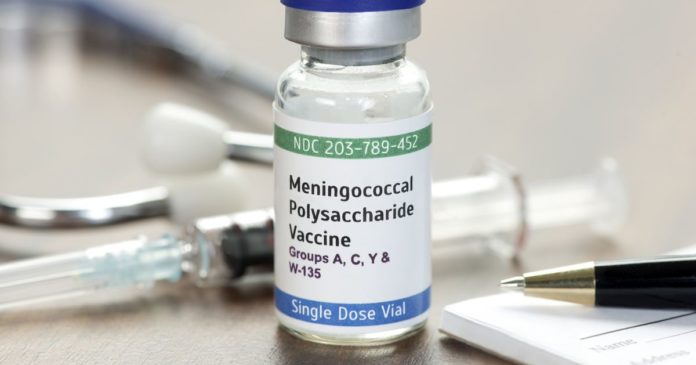
While the outbreak is impacting the gay and bisexual community, it is important to know that this disease can be spread to anyone, regardless of gender identity, sexuality or sexual practices.
“Right now, it’s MSM (men who have sex with men), but in the past, for example, it used to be people in military barracks or people who went to college. If you are in close proximity with a lot of other people, this is a respiratory pathogen, you can certainly be infected this way,” del Rio said.
The bacteria that causes meningitis lives in the back of the throat and nose of nearly 10% of the population, making those individuals asymptomatic carriers. Unlike other highly contagious diseases, meningococcal disease takes extended periods of close contact for it to spread.
Kissing is another way that the disease can be transmitted via respiratory and throat secretions, like saliva.
“To date, there are no known cases of meningitis in Georgia related to the outbreak in Florida,” Nancy Nydam, a spokesperson for the Georgia Department of Public Health, said in a statement to The Atlanta Journal-Constitution. “DPH has alerted physicians to consider meningitis when diagnosing, and to urge meningitis vaccination among at risk individuals in the current outbreak including men who have sex with men, individuals who are HIV positive, anyone who is immunocompromised, and college students.”
If it is caught early, meningococcal disease can be treated with antibiotics.
According to Dr. Susan Hariri, deputy branch chief for science for the meningitis and vaccine preventable diseases branch of the CDC, roughly 10% to 15% of cases are fatal, and those who overcome the disease are often left with lingering side effects such as “deafness, loss of limbs and damage to the brain.”
Hariri also noted that this disease has no connection to monkeypox, which has recently been in the news due to an ongoing global outbreak that began among men who have sex with men.
The Atlanta Journal-Construction and Report for America are partnering to add more journalists to cover topics important to our community. Please help us fund this important work at ajc.com/give
Symptoms of Meningococcal Disease
Common symptoms include:
· High fever
· Nausea
· Vomiting
· Stiff neck
· Dark purple rash
· Headache
Symptoms usually appear three to four days after a person is infected, but it can take up to 10 days to develop symptoms.
Source: The Centers for Disease Control and Prevention








